

PREVENTING VIOLENCE AGAINST CHILDREN


Welcome
The World Health Organization’s new 2025 report, Preventing Violence Against Children: A Social Determinants Framework for INSPIRE Implementation, was produced in partnership with Public Health Wales and Bangor University. It draws on a global systematic review of evidence to highlight effective policies and laws that prevent violence against children or positively influence risk factors linked to the Wider Determinants of Health.
This e-bulletin includes contributions from projects and initiatives which focus on tackling the root causes of violence against children.
4 Articles
Preventing violence against children - A social determinants framework for INSPIRE implementation
Karen Hughes, Research and Capacity Development Manager, Public Health Wales
Natasha Judd, Research Project Support Officer, Bangor University
Sara Wood, Research and Capacity Development Manager, Public Health Wales
Katie Cresswell, Research Project Support Officer, Bangor University
Karen Hughes, Researcher, Public Health Wales
Mark A Bellis, Professor of Public Health & Behavioural Sciences, Liverpool John Moores University
Reducing Weapons Carrying in South Wales via the Braver Choices programme - A Trusted Adult Led Strengths based Intervention for 8-18 year olds, delivered in a 1:1 setting or through group workshops
Nick Corrigan,CEO, Media Academy Cymru
Positive Masculinity- Working with Young Men and Boys to change Negative stereotypes of Women and Girls
Nick Corrigan, CEO, Media Academy Cymru Football Partnership Creating Safer Communities for Young People in South Wales
Amy Underwood, Marketing and Communications Officer, Cardiff City FC Community Foundation
Building a Wales Without Violence: A Framework for Preventing Violence among Children and Young People
Bryony Parry, Communications and Engagement Lead, Wales Violence Prevention Unit, Public Health Wales
Cerridwen: A Trusted Adult Approach to Tackling Violence among young people
Sam Heatley, Deputy Chief Executive Officer, Media Academy Cymru

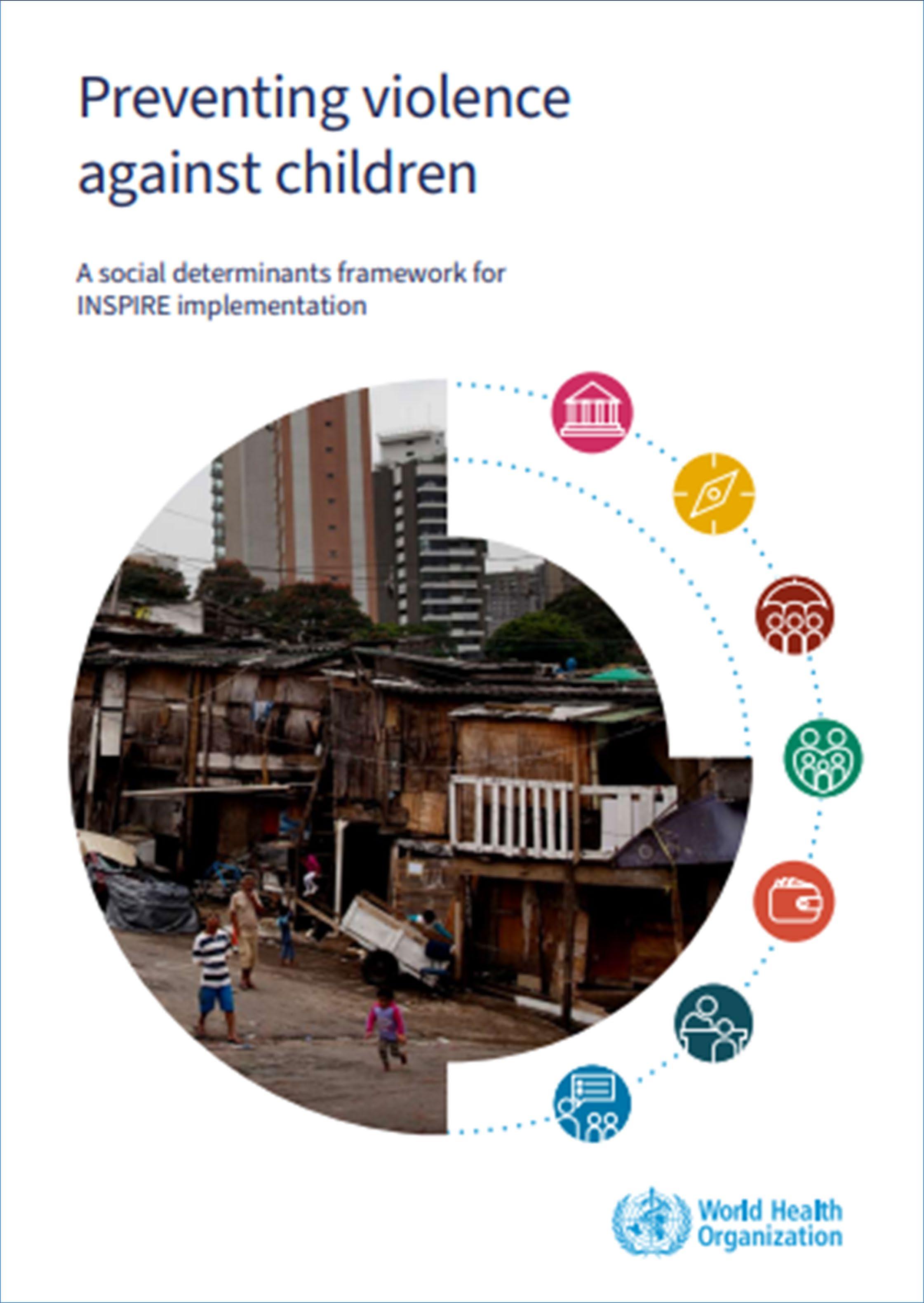
Violence against children damages the health and well-being of children, families, communities and entire nations. It has lasting impacts on children’s life opportunities, including educational attainment, employment, financial security, relationships, and physical and mental health. Its prevention is both possible and critical.
The World Health Organization’s INSPIRE programme presents a set of seven prevention strategies
that nations can implement to end violence against children. Many of these strategies centre on changing individual behaviours and strengthening family relationships. However, it is equally important to address the underlying conditions that increase children’s risks of violence, including poverty, unemployment, poor education and housing, and easy access to alcohol.
To support governments and communities in tackling these root causes
of childhood violence, the World Health Organization has recently published a new report - Preventing violence against children - A social determinants framework for INSPIRE implementation. Developed in collaboration with Public Health Wales, Bangor University and Liverpool John Moores University, the report is based on a global systematic review of evidence. It sets out seven core policy areas, each containing a range of approaches that can affect violence against children or its
social determinants. These are:
Promoting Economic Security and Equality: Social protection policies, tax credits for families, minimum wage increases, paid parental leave, and youth employment programmes all help reduce violence in families and communities.
Providing Access to Quality Education: Free schooling, anti-bullying programmes, and comprehensive relationship and sex education equip children with knowledge, skills, and safe spaces.
Creating Safe Environments: Urban regeneration, tackling homelessness, and housing security create communities where children feel safe and supported.
Strengthening Social Norms: Parenting support, child protection laws, and raising the legal age of marriage foster healthier, more protective social norms.
Reducing Harmful Influences: Limiting access to alcohol and firearms can protect children from violence in the home and wider community.
Improving Healthcare Access: Child-focused, youth-friendly health services are vital lifelines for identifying and responding to violence.
Strengthening Governance: Well-trained public officials, better data sharing, and a responsive justice system underpin long-term progress.
The report highlights that effective implementation of these policies involves all sectors of society,
including government, health and social care, education, criminal justice and many other public, economic and non-governmental organizations. Crucially, every sector, along with the populations they serve, stand to benefit from their implementation.
Whilst some of the policies and approaches highlighted in the report are backed by strong evidence for their effectiveness in preventing violence against children and its social determinants, others show potential that merits further research. Many of the policies and approaches are already used in Wales, yet their contribution to the prevention of violence against children is under explored. The report presents an opportunity for policymakers, practitioners, researchers and other partners to take stock of policy approaches that can support the prevention of violence against children in Wales and identify both gaps and opportunities for action and evaluation. Wales is already recognised internationally for its work on both violence prevention and health inequalities, and strengthening and sharing evidence on how policy impacts children’s risks of violence and its social determinants would support effective action both within Wales and internationally.


Practice
Reducing Weapons Carrying in South Wales via the Braver Choices programme - A Trusted Adult Led Strengths based Intervention for 8-18 year olds, delivered in a 1:1 setting or through group workshops
CEO, Media Academy Cymru
Media Academy Cymru’s Braver Choices Programme, empowers young people to make positive life decisions and break cycles of offending, risk-taking, and disengagement when carrying weapons. In Wales, kniferelated crimes have more than doubled in the last decade— from around 598 offences in 2013 to approximately 1,574 by September 2023 (Nation. Cymru). Even though its estimated that only 1 in 100 children and young people in South Wales carry a knife (southwales.nottheone.co.uk) this equates to 3 knives in an average size secondary school in Wales. Addressing these risks through early intervention and mentoring through a trusted adult
approach equips children and young people with safer alternatives—protecting individuals, families, and communities, through challenging often dangerous narratives.
Our strengths-based approach is firmly grounded in evidence underpinned by youth work principles. A Youth Endowment Fund study found mentoring reduced youth violence by 21% and reoffending by 19%, outperforming tactics like stop and search (The Guardian). The public health model—treating violence as a collective health crisis—has also demonstrated success: Scotland’s Violence Reduction Unit prevented thousands of
hospital admissions through sustained, multiagency interventions (The Guardian). Consistent with this, South Wales’ “Not The One” campaign emphasises early education through trusted adults, achieving a 53% reduction in knife-related hospital admissions among under-25s (south-wales.police. uk).
Braver Choices builds on these proven strategies by combining mentoring, creative engagement, and trauma-informed prevention. Through trusted-adult relationships and community collaboration, we enable young people to challenge dangerous narratives, build resilience, and choose safer
paths—ultimately safeguarding individuals, families, and communities.
The Braver Choices Programme has delivered measurable impact in reducing risks linked to weapon carrying. Evaluation findings show that 82% of participants reported increased awareness of the dangers of knives, while 76% felt more confident making safer choices. Schools and families observed improvements, with 69% noting better attendance and engagement and 71% reporting reduced conflict and risk-taking behaviours. Crucially, 9 in 10 young people said they felt listened to and supported by a trusted adult, highlighting the
programme’s role in reducing isolation. These outcomes demonstrate Braver Choices’ effectiveness as an early intervention, preventing escalation into serious offending.
The Braver Choices Programme shows that early intervention, mentoring, and trusted adult relationships are critical in preventing young people from carrying weapons. Our key learning is that young people do not engage through enforcement alone—they need safe spaces, positive role models, and opportunities to challenge harmful narratives. Creative, trauma-informed approaches help them build resilience and make safer choices. Our call to action is simple: invest in prevention, not just response. By
supporting programmes like Braver Choices, we can reduce harm, strengthen families, and create safer communities where every young person has the chance to thrive.
For further information please contact: nick@ mediaacademycymru. wales
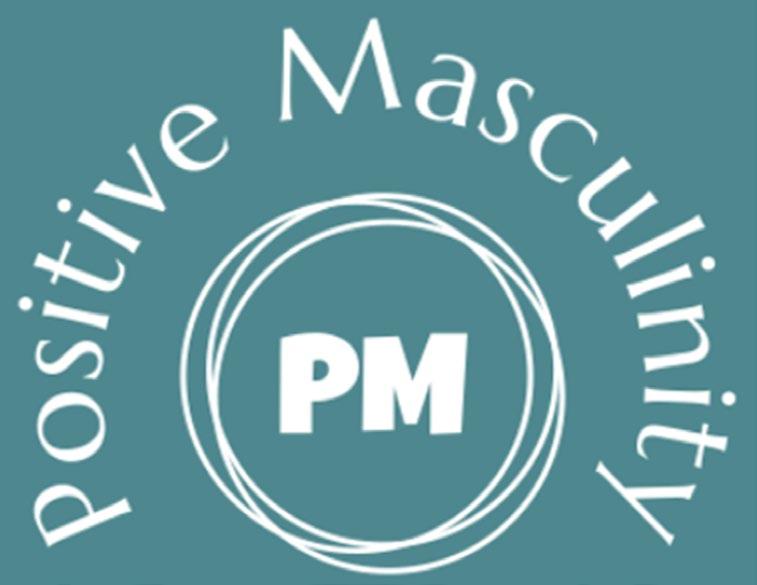
Positive Masculinity-
Working with Young Men and Boys
to
change Negative stereotypes of Women and Girls
Nick Corrigan, CEO, Media Academy Cymru
The Positive Masculinity Initiative, delivered by Media Academy Cymru (MAC), supports young people aged 10–17 by challenging misogyny, gender-based violence, and toxic behaviour. Structured across three tiers— from a one-off bystander session to tailored and full multi-session programmes— it encourages positive selfidentity, respect, reflective thinking, safety awareness, and healthy peer relationships. Topics include identifying toxic behaviours, LGBTQ+ inclusion, mental health, social media and online gaming challenges. Through mentoring and education, it empowers young people to recognise and embody and embrace healthy masculinity, fostering more inclusive, safe communities.
MAC’s Positive Masculinity Initiative was developed after the rise in misogynistic rhetoric after the pandemic by young males showing growing evidence of harmful gender norms, rising online misogyny, and the influence of toxic behaviours among young people. Development of the programme was made possible by seed funding from the South Wales Violence and Prevent Reduction Unit. Research from the Fawcett Society, NSPCC, and Welsh Government highlights how exposure to unhealthy stereotypes and online influences can normalise sexism, undermine selfesteem, and contribute to gender-based violence. Our programme directly addresses these risks through early
intervention and education. Delivered to young people aged 10–17, the initiative triages need and potential harm via a three-tiered model: a bystander awareness session, a targeted smallgroup programme, and a comprehensive multi-session intervention tailored to specific needs. Workshops encourage participants to reflect on identity, respect, consent, mental health, peer dynamics, and the impact of media, social media and gaming cultures. By exploring these themes in a safe, supportive environment, young people learn to critically assess harmful influences, build empathy, and develop healthier, more respectful behaviours. The programme is currently delivered in four areas of Wales and is being evaluated
by Swansea University. Evidence from participant feedback, school referrals, and community partners shows improvements in self-confidence, awareness of misogyny, and positive peer interactions which has led to fewer short-term exclusions from school.
The evidence is indicating that this approach not only supports individual wellbeing but also contributes to safer schools and communities by challenging toxic masculinity and promoting equality, inclusivity, and resilience in the next generation.
Our key message is that early intervention works: young people are open to reflection, growth, and change when given the tools to challenge harmful gender norms. Across Wales agencies and schools have seen a demonstrable rise of negative behaviours and negative peer networks formed (particularly across gaming platforms). By challenging toxic masculinity early, we can prevent escalation into misogyny, violence, or exclusion, and instead foster empathy, equality, and resilience. We have learned that safe, non-judgemental spaces and relatable trusted adults are vital in encouraging honest conversations.
Our call to action is clear: schools, communities, and policymakers must prioritise gender equality education and invest in preventative
programmes that empower young people to redefine masculinity positively and build healthier, safer communities.
Positive Masculinity - MEDIA ACADEMY
CYMRU
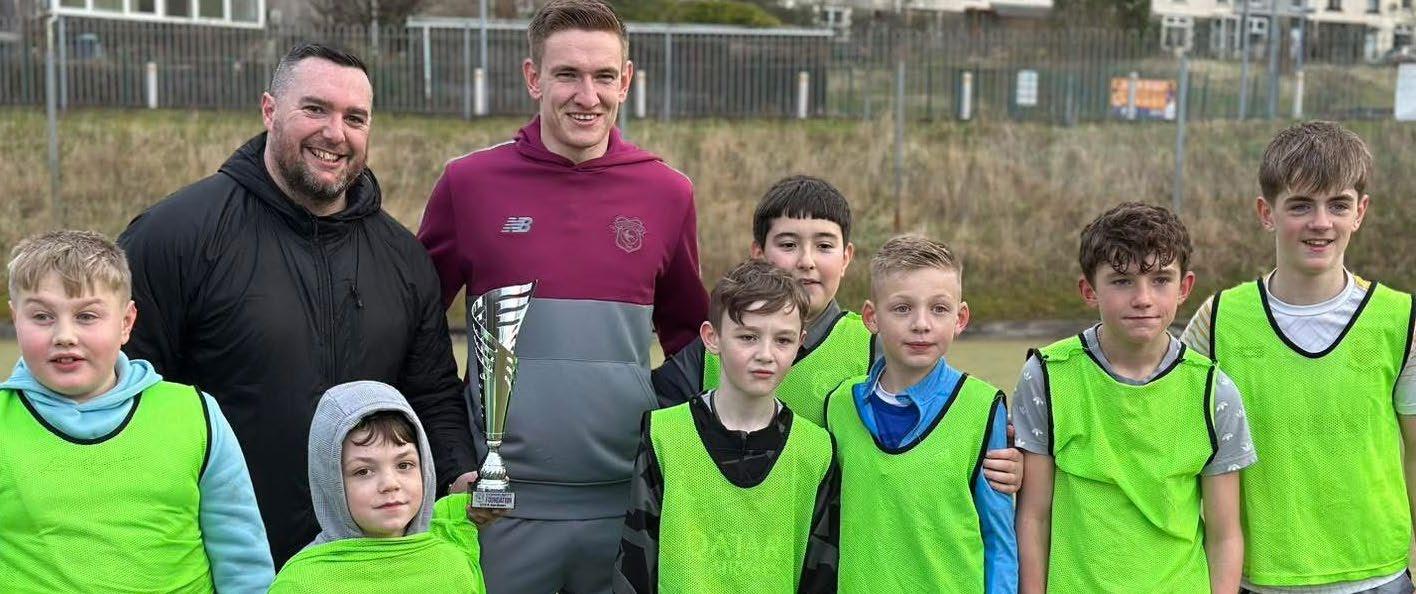
Football Partnership Creating Safer Communities for Young People in South Wales
Amy Underwood,
Over the past year, Cardiff City FC Community Foundation launched Caerau Kicks, a project funded by the Premier League Charitable Fund, to provide free weekly football sessions for 10–17-year-olds in Caerau, Maesteg—one of South Wales’s most deprived areas.
Delivered in partnership with South Wales Police, Noddfa Youth Project, and Bridgend County Borough Council, Caerau Kicks creates a safe and inclusive space where young people can enjoy football at no cost.
These sessions take place at Caerau Primary School every Monday, with sessions running from 5pm to 6pm for
ages 10-13 and from 6pm to 7pm for ages 14-17.
Cardiff City FC Community Foundation, the official charity of Cardiff City Football Club, supports people across South Wales to achieve their full potential. Harnessing the unique appeal of Cardiff City FC, the Foundation brings individuals together through a shared passion for football— where age, disability, faith, or ethnicity are never barriers to participation.
Through inclusive programmes, community partnerships, and targeted local sessions, the Foundation creates opportunities for people to engage and
contribute to stronger, more connected communities where everyone feels valued.
Cardiff City FC Community Foundation’s Premier League Kicks programme provide young people between the ages of 11-18 with access to free football sessions in a safe environment, across South Wales.
Premier League Kicks, funded by the Premier League through the Premier League Charitable Fund, uses the power of football and support to inspire young people to reach their potential, in some of the highest need areas in England and Wales.
Marketing and Communications Officer, Cardiff City FC Community Foundation
Practice
The Caerau Kicks site was designed to create opportunities for young people who are at risk of anti-social behaviour and youth violence to regularly engage in sport, mentoring and personal development opportunities.
Caerau is one of Wales’ most deprived communities, facing significant social and economic challenges across multiple areas. It ranks 1st out of 1,909 Lower Super Output Areas (LSOAs) in Wales for health deprivation, making it the most deprived area in the country in this domain. In education, Caerau is ranked 12th out of 1,909, reflecting low levels of educational attainment and engagement among young people. Additionally, the community ranks 85th
out of 1,909 for community safety, highlighting persistent concerns around crime and antisocial behaviour.
Since the project’s launch and the support of local outreach teams like Noddfa Youth project, Caerau has seen a 26% reduction in anti-social behaviour. Working closely with South Wales Police has also strengthened community cohesion and built greater trust between residents and law enforcement.
Through football led engagement and targeted workshops, the initiative has encouraged much needed allyship, emotional resilience, and responsible masculinity, helping to build safer communities and reduce gender-based violence.
By combining trusted relationships, mentorship and providing early intervention, they’re helping young people make positive choices, grow their resilience, and feel like they genuinely belong in their communities.
Find a session near you and register your interest for FREE - https:// cardiffcityfcfoundation.org.uk/ our-projects/project/kicks
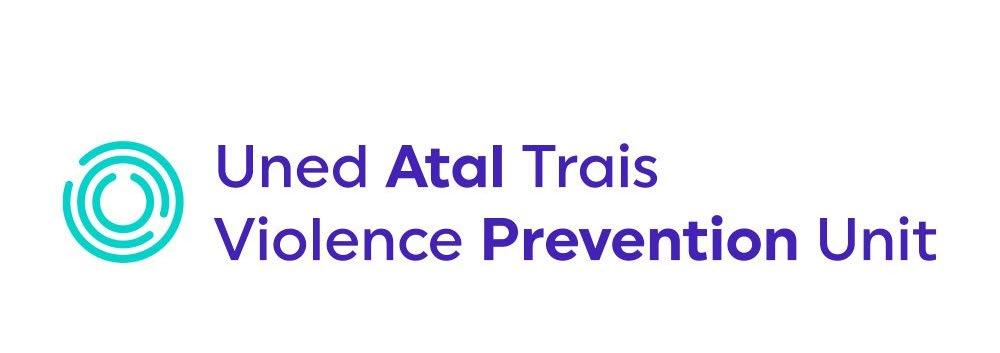
Building a Wales Without Violence: A Framework for Preventing Violence among Children and Young People
Bryony Parry,
Violence is preventable, and ending violence is possible. Through the development of the Wales Without Violence Framework, children, young people and professionals dared to imagine a society in which we all live free from violence. The Framework outlines the key elements needed to successfully develop primary prevention and early intervention strategies to end violence among children and young people through a public health, whole-system approach.
The Framework supports both UK and Welsh Government pledges to make early intervention and prevention a priority when it comes to violence. The UK Government
has introduced measures including the Serious Violence Duty (part of the Police, Sentencing and Courts Act 2022), and it’s Safer Street Mission to halve violence in a decade, and Welsh Government is committed to the Violence against Women, Domestic Abuse and Sexual Violence (VAWDASV) Strategy 2022-26 (part of the VAWDASV (Wales) Act 2015). This legislative appetite for prevention provides secure foundations on which to build a compassionate, equitable and measurable approach to ending violence in Wales, which is reflected in the Framework’s vision of “A Wales without violence [is one where] people are healthier, families are better supported
and equipped to nurture a child’s development and wellbeing, organisations are more inclusive, communities are safer and society fairer.”
Co-produced by the Public Health Wales Violence Prevention Unit team and the Peer Action Collective Cymru, a groundbreaking network of young people, and through significant research and consultation with the public and professionals, the Framework is evidenceinformed and centres the voices of children and young people. Through the nine violence prevention strategies that are at its core, the Framework calls everyone to action by demonstrating how violence prevention
Research
Communications and Engagement Lead, Wales Violence Prevention Unit, Public Health Wales
activity can take place across diverse and multiple settings to support an individual, a community or the whole of society. The nine violence prevention principles that underpin the strategies guide how activity should be delivered, to ensure violence prevention in Wales is safe, inclusive, relevant and evidence-based.
Lara Snowdon, Violence Prevention Programme Lead for Public Health Wales and lead author of the Wales Without Violence Framework, said: “Violence among children and young people is a complex public health issue, and its effects are corrosive and widespread, often impacting different communities
unequally and unfairly. “We explored the evidence and spoke to over 1,000 children, young people and professionals about their views and aspirations for a Wales Without Violence, and what we heard above all else was how children and young people want to feel safe to be themselves. At a time where online and offline spaces can be conducive to harmful rhetoric and misinformation, it is essential that we work together. The Framework sets out how we can create the conditions for prevention whilst ensuring people are properly supported if they experience violence. “It is time for us all to act, to invest in prevention to ensure we can build a Wales that is
safer, fairer and free from violence.”
To find out more and download the Framework, visit www.waleswithoutviolence. com

Cerridwen: A Trusted Adult Approach to Tackling Violence among young people
Sam Heatley,
Deputy Chief Executive Officer, Media Academy Cymru
Cerridwen is a sixmonth violence reduction intervention for young people aged 10–17 across South Wales. Cerridwen takes a youth work and trusted adult approach and is delivered on a one-to-one basis. It was developed by Media Academy Cymru in response to rising levels of youth violence and referrals to statutory services in Wales. Through regular, tailored sessions with a trained youth worker, Cerridwen helps young people explore their feelings and behaviour, enhance communication skills, build empathy, and set positive goals for the future. The programme takes a trauma-informed approach, offering trusted relationships, personalised support and
safe spaces that enable young people to make safer choices and thrive.
Cerridwen was designed to address the growing concern of violence among young people in Wales by supporting children and young people most at risk. Evidence shows that mentoring, trusted adult relationships and cognitive behavioural approaches can help reduce offending and improve wellbeing. Building on this, Cerridwen combines structured activities with youth work values to create a flexible, person-centred intervention.
Young people are referred by a range of agencies including schools, Youth
Justice Services, social care and police partners. Engagement begins with an assessment and goal-setting stage, followed by 16 weeks of weekly two-to-three-hour sessions with a dedicated case manager. Sessions cover communication, consequential thinking, identity, empathy and emotional regulation, while also addressing practical challenges. The programme ends with a disengagement phase, helping young people plan their next steps.
The approach is tailored to individual needs, interests and circumstances. Case managers meet young people in settings where they feel comfortable— school, home or community— and adapt sessions to ensure Practice
accessibility, including for those with neurodiversity. A mid-programme review encourages reflection and goal setting, helping young people recognise progress.
Cerridwen ultimately aims to reduce violent behaviour, exclusions and offending, while strengthening empathy, wellbeing, and protective relationships that support young people to build safer and more positive futures.
Cerridwen is being formally evaluated through a largescale randomised controlled trial funded by the Youth Endowment Fund. While the final evaluation is ongoing, interim findings show the programme is both effective
and highly valued. Between April and December 2024, 217 young people were referred, with 151 joining the trial, and 79% remained engaged through follow-up.
Participants said: “My Cerridwen case manager just gets me in a way that’s different to other support I’ve had” and “She’s really good at explaining things, so I can open up and try new ways to handle things.” Parents shared: “It’s incredible; I’ve never seen a service like this.” Professionals commented: “If there are issues around anger or violence, I first think of Cerridwen.”
Cerridwen shows that
person-centred, traumainformed and a trusted adult approach can make a tangible difference to young people at risk of violence. Trusted relationships, tailored support and opportunities for reflection are key to keeping young people engaged and helping them make safer choices. Policymakers and funders should recognise the value of investing in early, evidence-based interventions that prevent violence before it escalates. Together, we can create safer communities and give young people the tools and opportunities they need to succeed.

Grapevine
HWB
LONG-TER


S OR HIR RM
ut long-term ght techniques
hen register for ng-term thinking nd 4 locations. complete this 10 am - 1 pm


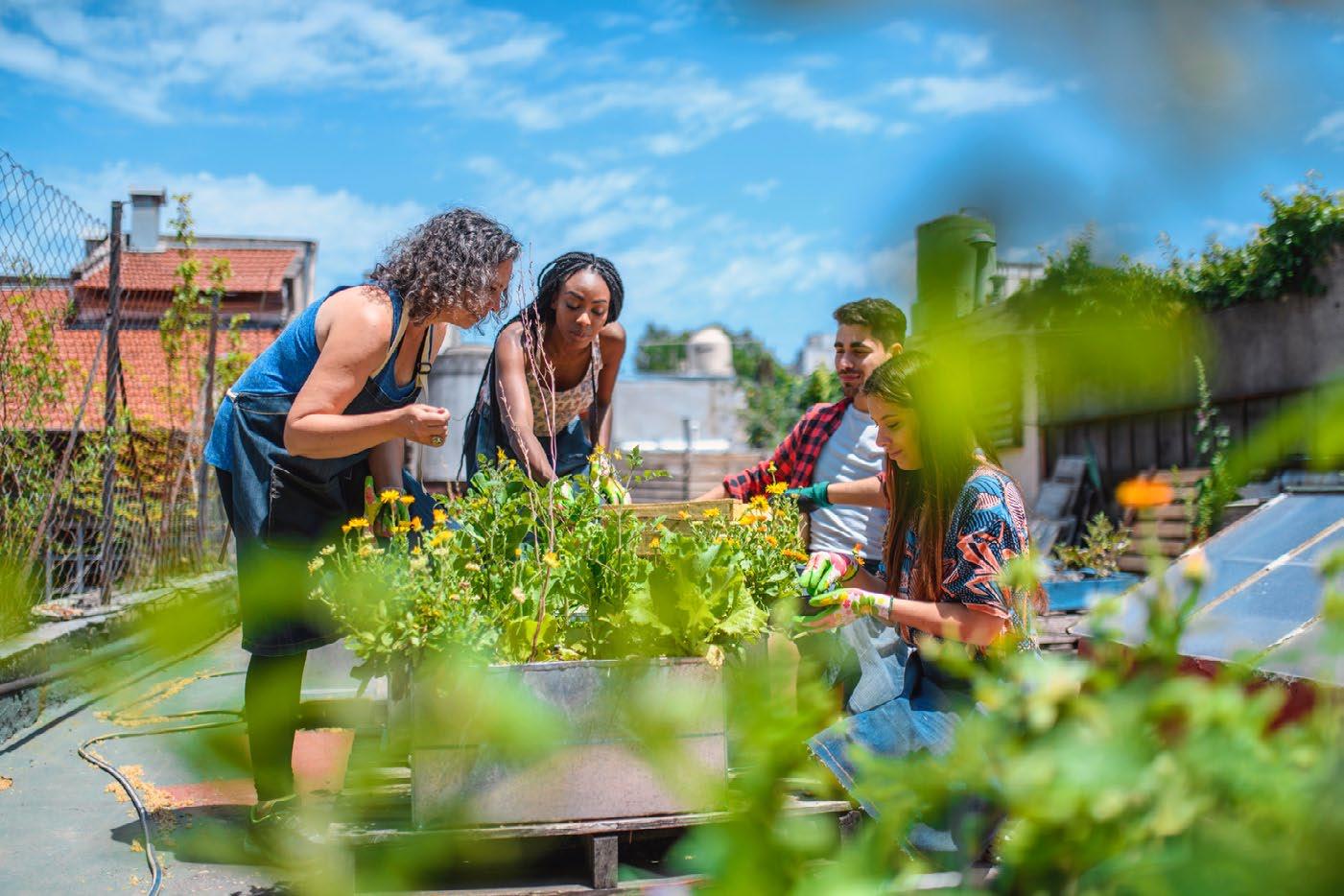
10 am - 1 pm
Wales

Videos


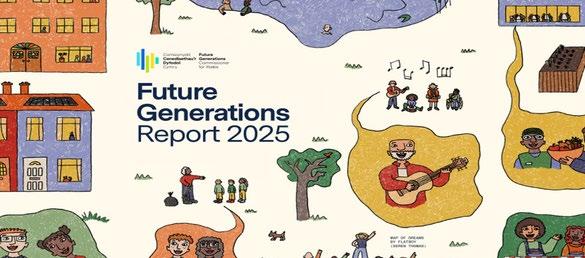

School Food Environments to Shape Healthier Futures: Sharing Learning from Evidence to Action
This timely webinar coincides with a Welsh Government Consultation ‘Healthy eating and drinking in maintained schools in Wales’.
Explore our video library on our website
A Healthier Wales for Future Generations: the findings and recommendations of the Future Generations Report 2025
In this webinar Marie Brousseau-Navarro (the Deputy Future Generations Commissioner) presented the findings and recommendations in the Health Chapter of the Future Generations Report 2025.
Brain Health and Dementia Risk Reduction – How can we affect change?
There is limited public awareness of the risk factors that contribute to dementia, despite growing evidence that around 45% of cases are linked to modifiable factors such as hearing loss, smoking, inactivity, and cardiovascular health.

News & Resources

Walking, wheeling and cycling annual report 2024 to 2025
25-09-2025

Public Health Wales modelling predicts an 11 per cent increase in cancer cases over the next decade
04-09-2025

One in five people in Wales are making positive changes to reduce type 2 Diabetes risk
21-08-2025
Putting food in the frame
Frameworks UK
Building a Healthier Wales Summary of Activity 2023-25
Building a Healthier Wales
Next Issue
THE PUBLIC HEALTH POTENTIAL OF HOUSING INTERVENTIONS
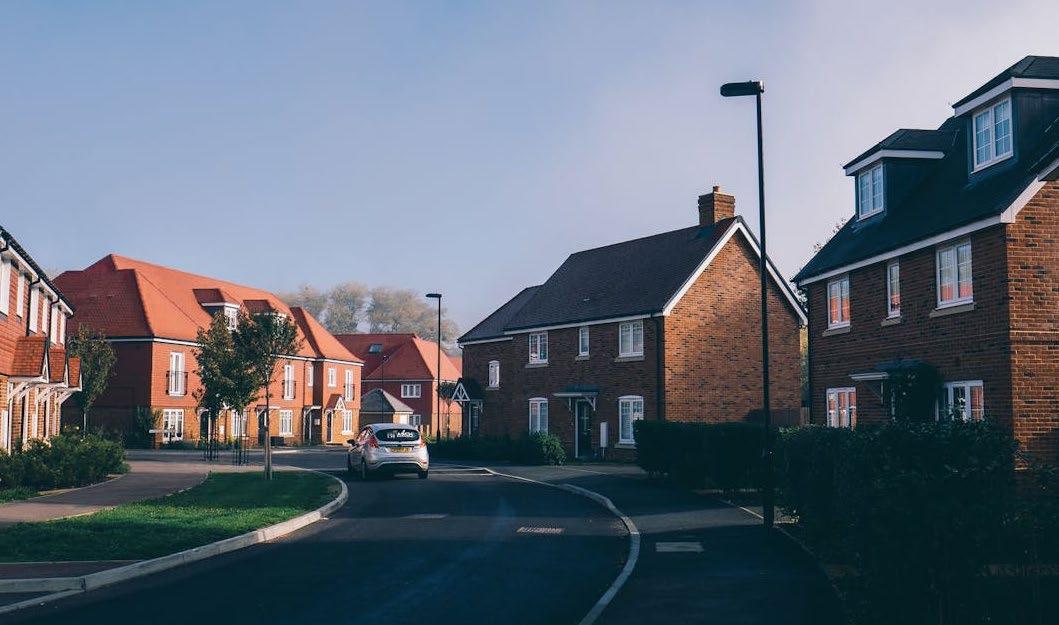
Homes are an essential building block for a healthy life and should provide warmth, safety, connection and community. But for many people, homes are negatively impacting their physical and mental health and well-being. For our upcoming e-bulletin we are inviting contributions from projects and initiatives that address housing related inequalities. These can be national, regional or local initiatives, policies or programmes from across Wales.
Our article submission form will provide you with further information on word count, layout of your article and guidance for images.
Please send articles to publichealth.network@ wales.nhs.uk by 16 October 2025. Contribute
